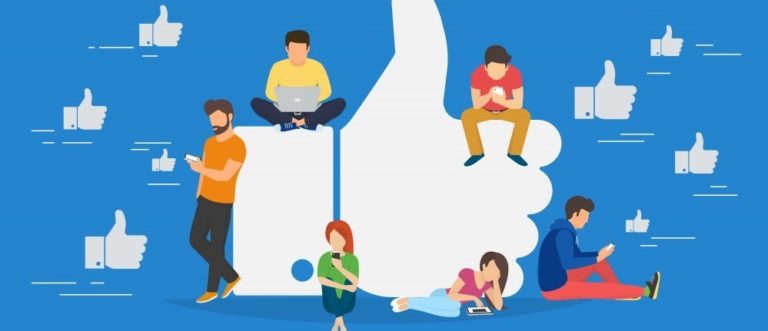Facebook Groups | Strong Customer Communities and Brand Advocacy
Table of Contents
Facebook groups continue to gain in popularity and in many cases it has replaced continuity and membership sites. There are as many uses as there are Facebook users. Facebook groups are an increasingly important tool. The best businesses use Facebook groups to help build trust with the brand.
As you know doubt know, engagement on Facebook for brands and publishers is down 22% YTD 2017 when compared to 2016. Unfortunately, as with many social media tactics, small business owners judge a Facebook Group only by watching metrics that measure costs and revenue.
Facebook Groups exist to enhance a sense of community. Great Facebook Groups help a brand show that it is trustworthy and to help form relationships between a brand's customers and prospects. They do not push product sales!
Ok, so that depends on what stage of the customer journey that the Facebook Group supports in any business.
How does a business owner build a successful Facebook Group?
This is the very topic that was discussed and presented during a recent Digital Marketer Meetup in Chicago, hosted by Viral Solutions, which Suzi Nelson [Community Strategist] gave as a presentation called “Next Level Social Media: Building Successful Product Communities with Facebook Groups.” This article was curated based upon Suzi's presentation.

Building a successful Facebook Group is part and parcel of knowing where your community fits in the customer journey. Some groups fuel the brand awareness and prospective customer engagement path. Many Facebook Groups attempt to excite a customer that may have purchased a tripwire and the group exists to ascend the relationship into a deeper product mix. Other Facebook Groups feed into the customer excitement and brand advocate portion.
Successful groups do NOT do all of those phases!
“The role of marketing is to move prospects and customers seamlessly through each stage of the Customer Value Journey. No one community can move people through the entire value journey.” ~ Suzi Nelson

What effect does a Facebook Group have on a businesses metrics?
Well, at the beginning of this article we through a dig at business owners that only evaluate the success of Facebook Groups based upon lowering costs and increasing revenue. LOL – ok so we agree we just do not see that as being the first measurement of a great group. Therefore, now we are going to give you two quotes shared at the Chicago Meetup of DigitalMarketer.com.
“Sephora's Beauty Talk members spend 2x more that their average customer. Superfans spend 10x more that the average community member” – Lithium
“Udemy instructors are 4x more likely to create a course if they are members of their online community.” – CMX
However an organization measures the success of its Facebook Group make sure it does so based upon the goals of the group and not based upon the group of another entity.
What basic human need does a Facebook Group meet?
A sense of community belonging! According to Suzi, a community is defined as a segment of people who form relationships as a result of shared goals, experiences and interests. She further explains that a Community Manager's role is to facilitate, encourage and maintain those relationships.

The basic human need to form relationships with each other, not just with a brand!
Successful Facebook Groups are not about the brand, they are not about the organization and they are certainly not about the administrator of the group.
A Facebook Group is a community and is NOT an audience! If your Facebook Group is mainly a discussion between the organization and the members of the group, that's an audience, not a community. However, if the conversation is mainly between the group members themselves, that is a community!
Indeed your Facebook Group should be a community of those who represent the segment of your market that the group would appeal to. They will have a common interest, life experience and objectives that correlate to your brand and products. But it primarily exists to enhance an engagement with each other and not the brand directly.
This is the basic element of the human need of a relationship with a another person. Something that technology has lost, human-to-human communication. The social side of social media. Your group members should recognize each other as a special tribe.
In our next article we will continue this discussion by sharing Suzi's ten lessons learned on building a strong customer community.
Copyright 2017 Viral Solutions [with permission from Suzi Nelson at DigitalMarketer.com]

